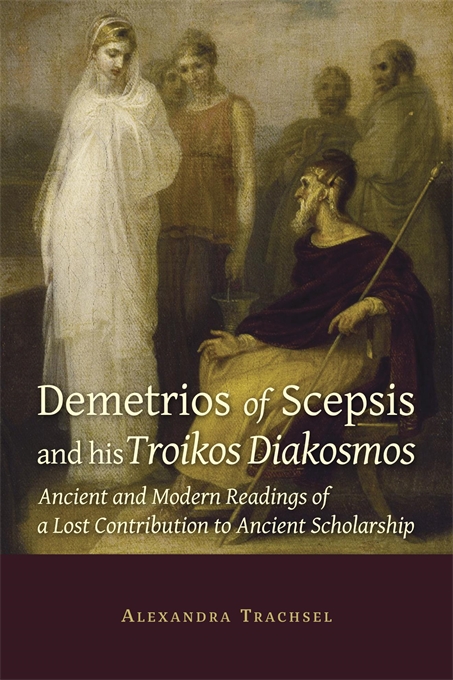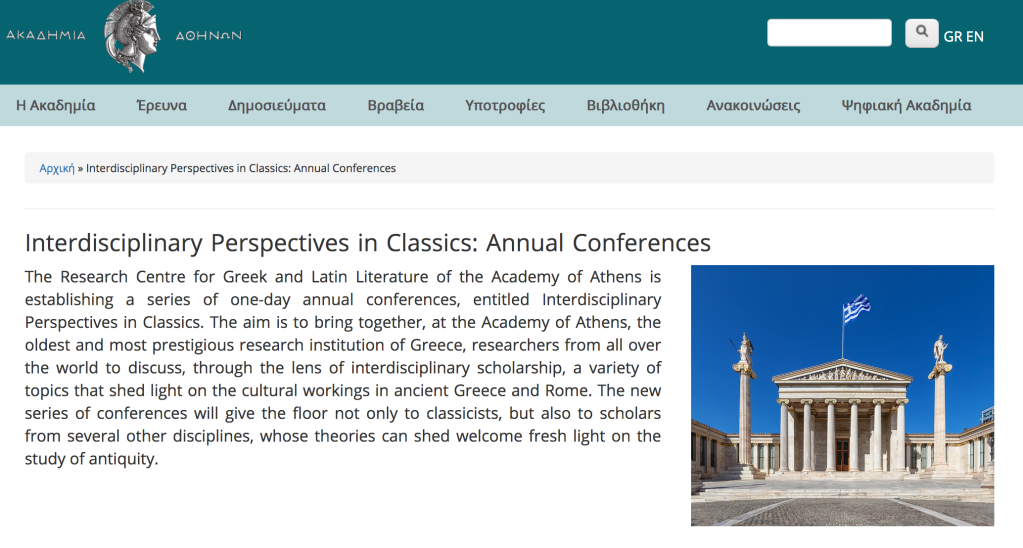As the end of the year approaches with its tradition of exchanging gifts, I was offered a book: Prisoners of Geography by Tim Marshall. It even has a special page on Wikipedia (see here).
I have just started the first few pages, and was remembered of what Strabo said, in Augustan times, about the importance of geography, – of his Geography – for statesmen. Indeed he wrote his huge work, describing the known world from the Pillars of Hercules to India, convinced that the shape of the topography was of the greatest importance for successful interactions among peoples. This also implied, in his days, a historical dimension so that his work is full of examples that show how all kinds of topographical factors affected the course of history and determined the parts the different regions played in the succession of events.
Of course, our current world is much different from Strabo’s one, we face other issues and have other technical and intellectual means to reflect on such topics. But I am more than curious to see what Tim Marshall will present in his book. I am, however, not quite sure whether I am more looking forward to seeing how he is dealing with parts that are also mentioned in Strabo’s work, or more eager to discovering what he is telling about regions that Strabo did not included.
For a translation of Strabo’s text see: Roller, Duane (2014), The Geography of Strabo: An English Translation, with Introduction and Notes. Cambridge.










